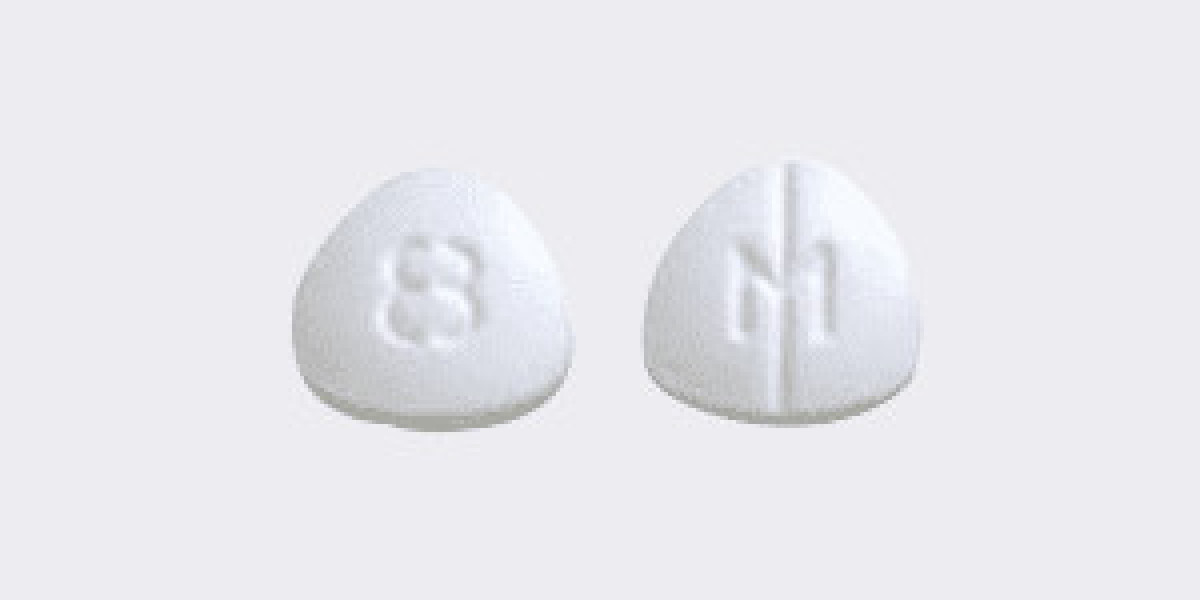Introduction:
Erectile dysfunction (ED) is a common but often misunderstood condition that affects millions of men worldwide. Despite its prevalence, ED is often stigmatized, leading to a lack of awareness, reluctance to seek help, and untreated suffering. However, it's crucial to recognize that ED is a medical issue, not a reflection of masculinity or virility. In this article, we'll delve into the complexities of ED, explore its causes, impact, and available treatments, and discuss how bridging the gap to intimate wellness can improve overall health and quality of life.
Understanding Erectile Dysfunction:
Erectile dysfunction refers to the inability to achieve or maintain an erection firm enough for sexual intercourse. While occasional difficulty with erections is normal, persistent issues can indicate an underlying problem. ED can stem from various physical, psychological, or lifestyle factors, including cardiovascular disease, diabetes, obesity, stress, anxiety, depression, relationship issues, and substance abuse.
Impact on Intimate Wellness:
The impact of ED extends beyond the bedroom, affecting emotional well-being, self-esteem, and relationships. Men with ED often experience feelings of inadequacy, shame, and frustration, which can lead to avoidance of intimacy and communication breakdown with partners. Additionally, unresolved ED can strain relationships and contribute to marital discord, further exacerbating emotional distress.
Breaking the Stigma:
One of the biggest barriers to addressing ED is the stigma attached to it. Society's narrow definition of masculinity often equates virility with sexual performance, leading men to feel ashamed or emasculated when facing ED. However, it's essential to challenge these misconceptions and foster open dialogue about sexual health. By normalizing discussions around ED, we can empower men to seek help without fear of judgment or stigma.
Seeking Professional Help:
If you're experiencing persistent difficulties with erections, it's crucial to consult a healthcare professional. Your doctor can conduct a thorough evaluation, including medical history, physical examination, and possibly lab tests, to determine the underlying cause of your ED. Based on the findings, treatment options may include lifestyle modifications, medication, psychotherapy, or a combination of approaches tailored to your needs.
Lifestyle Modifications:
Healthy lifestyle habits can play a significant role in managing ED and promoting intimate wellness. This includes maintaining a balanced diet, regular exercise, adequate sleep, stress reduction techniques, and avoiding tobacco and excessive alcohol consumption. Additionally, addressing underlying health conditions, such as diabetes or high blood pressure, can improve erectile function and overall well-being.
Medication:
Medications such as phosphodiesterase type 5 (PDE5) inhibitors are often prescribed as first-line treatment for ED. These drugs work by enhancing the effects of nitric oxide, a natural chemical that relaxes muscles in the penis, allowing for increased blood flow and erection. Popular PDE5 inhibitors include sildenafil (Viagra), tadalafil (Cialis), and vardenafil (Levitra). However, it's essential to use these medications under the guidance of a healthcare provider, as they may interact with other medications or have side effects.
Psychotherapy:
For some men, ED may have psychological roots, such as performance anxiety, depression, or past trauma. In such cases, psychotherapy, either individually or with a partner, can be beneficial. Cognitive-behavioral therapy (CBT), sex therapy, or couples counseling can help address underlying emotional issues, improve communication, and enhance intimacy. Additionally, relaxation techniques, mindfulness, and sensate focus exercises can help reduce performance pressure and promote sexual satisfaction.
Alternative Therapies:
In addition to conventional treatments, some men explore alternative therapies to manage ED. These may include acupuncture, herbal supplements, or devices such as vacuum erection devices (VEDs) or penile implants. While these approaches may offer relief for some individuals, it's essential to discuss them with a healthcare professional to ensure safety and efficacy.
The Role of Partners:
Partners play a crucial role in supporting men with ED on their journey to intimate wellness. By fostering empathy, understanding, and open communication, partners can help alleviate feelings of shame and embarrassment. Creating a supportive environment where both partners feel valued and accepted can strengthen the emotional bond and enhance intimacy. Additionally, couples may benefit from attending therapy together to address relationship dynamics and explore strategies for navigating challenges related to ED.
Bridging the Gap to Intimate Wellness:
Intimate wellness encompasses more than just the absence of sexual dysfunction; it encompasses emotional, physical, and relational aspects of intimacy. By addressing ED within the context of overall well-being, individuals can reclaim their sexual health and enjoy fulfilling relationships. This involves acknowledging the interconnectedness of mind, body, and spirit and taking a holistic approach to intimacy. From prioritizing self-care and communication to seeking professional help when needed, bridging the gap to intimate wellness requires a multifaceted approach tailored to individual needs.
Conclusion:
Erectile dysfunction is a prevalent but treatable condition that can have significant implications for intimate wellness and overall quality of life. By breaking the stigma, seeking professional help, and embracing holistic approaches to intimacy, individuals can overcome barriers to sexual health and enjoy fulfilling relationships. Remember, you are not alone, and help is available.



